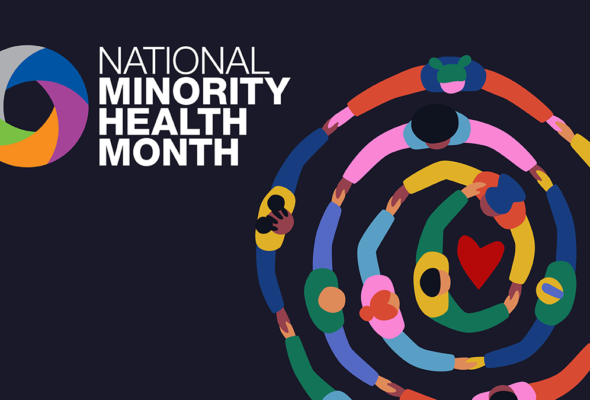Predictive analytics can spot patients not taking their medicine

Related Posts
Strategic Accelerations: Critical Business Initiatives for U.S. Healthcare Payers Part 1
U.S. healthcare payers and third-party administrators (TPAs) face a complex array of business and technology initiatives driven by evolving market ...
National Minority Health Month: Be the Source for Better Health
April marks an important observance in the healthcare calendar: National Minority Health Month. This month is dedicated to raising awareness ...
Building Trust in Healthcare Payer Data: 3 Keys to a Reliable Data Quality Strategy
In the age of big data, healthcare payers and third-party administrators (TPAs) are overwhelmed by vast amounts of information, underscoring ...


